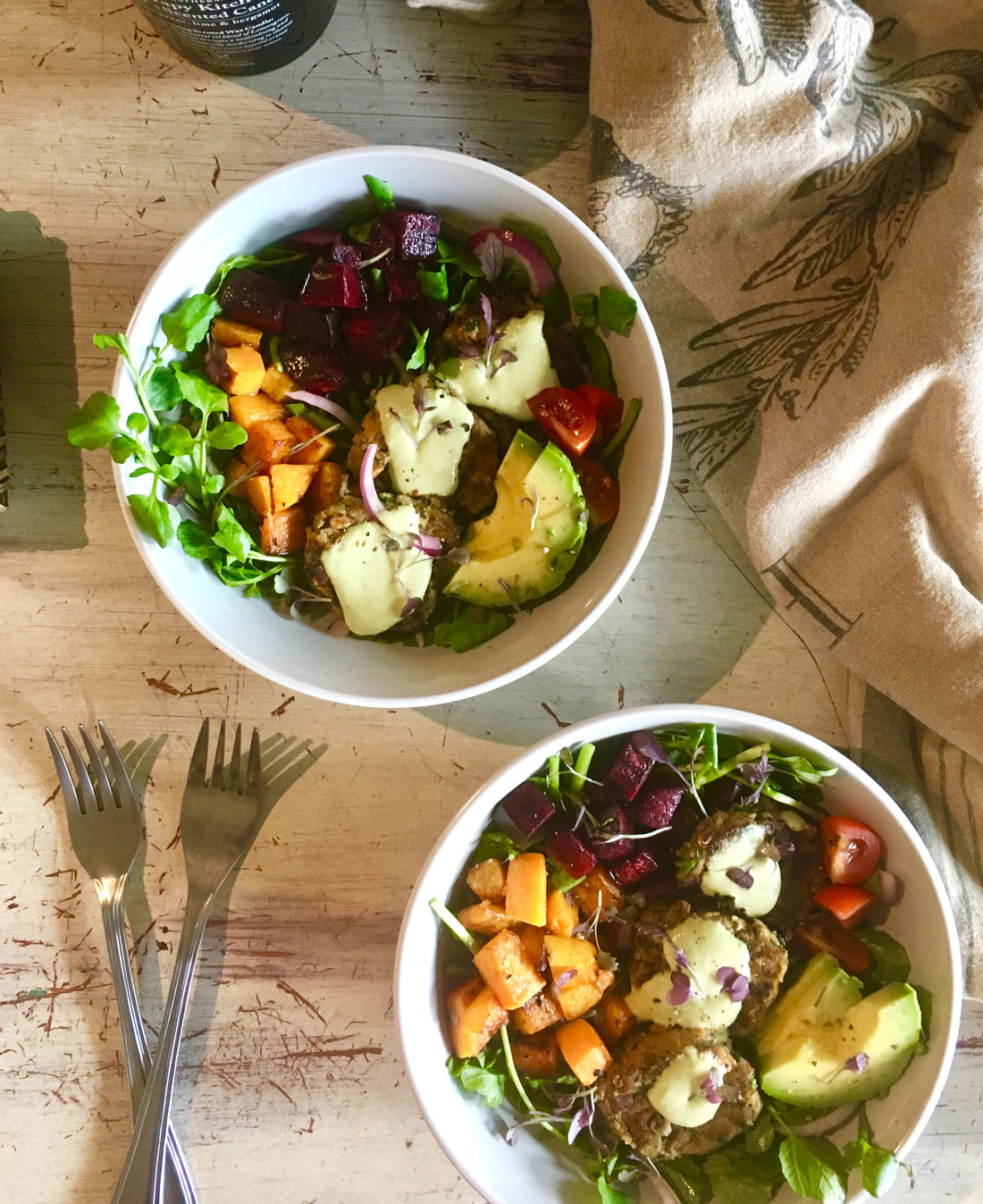‘Let thy medicine be food’ has never been quite so relevant as it is today, when the unmistakable decline in the quality of our food is having direct repercussions on our nation’s health. Indeed, even the nutrient value of our fresh fruit and vegetables has plunged by an average of 30 to 60 per cent in the last fifty years, thanks largely to modern farming techniques and genetic dilution. And our insatiable appetite for processed convenience foods, brimming with sugar and artificial additives, is contributing to an alarming rise in obesity (almost 63% of English adults are now either overweight or obese) and a sharp increase in chronic diseases including diabetes, heart disease and cancer.
Which is perhaps why more and more of us are switching to alternative diets, including the much talked about raw food diet. But what exactly is the raw food diet and what are the pros and cons of this age-old approach to eating? Below is a brief introduction to the raw food diet and 2 key facts that you need to know before embarking upon it.
The raw food diet at a glance
The raw food diet is based upon the simple belief that consuming food in its natural state is the most healthy way to nourish and cleanse the body. The idea is that the pure, nutritional content of raw food is not destroyed by cooking and its ‘live’ enzymes (considered the ‘life force’ of food by raw foodists) are optimally preserved. Raw food is not contaminated with the type of harmful compounds triggered by heating either, such as ‘advanced glycation end products’ that have been implicated in the progression of age-related disease and are thought to play a role in the vascular complications of diabetes mellitus, and ‘heterocyclic amines’, which are known carcinogens.
Raw foodists therefore eat totally uncooked, unprocessed food that hasn’t been heated above 118 degrees Fahrenheit for a large proportion, if not all, of their diet. They tend to eat a variety of raw fruits, vegetables, nuts, seeds, eggs, fish, meat, and non-pasteurised/non-homogenised dairy products, although many also avoid meat and/or dairy products for ethical reasons. They are often referred to as ‘raw vegans’ or ‘raw vegetarians’.
2 key facts you need to know before eating raw food
If you are thinking of giving the raw food diet a go, then it’s important to arm yourself with the facts. You need to be aware of the possible drawbacks, as well as the many benefits that can be gleaned from eating raw food.
1) Potential health risks associated with raw food
Eating an exclusively raw food diet can lead to a number of nutrient deficiencies similar to those experienced on a vegan or vegetarian diet. The raw food diet most commonly results in a shortage of vitamin B12 and B9, followed by protein, iron and omega-3 fatty acids. Fortunately this can be easily overcome by supplementing your raw food diet with a number of carefully chosen superfoods (rich in the missing nutrients) or by adopting a partially raw diet. Many consume a diet that is only 80% raw for example, yet are still able to enjoy the numerous health benefits linked to the raw food diet.
People often worry about the increased risk of food poisoning too – as cooking destroys harmful bacteria such as E.coli and salmonella, it’s essential to apply robust hygiene rules in the kitchen, especially if you wish to include meat and dairy products in your raw food diet.
You may also notice a variety of unwelcome side effects when you first switch to raw food, including headaches, nausea, stomach upsets and minor skin rashes. This is as a result of the natural detox that your body undergoes when eliminating cooked food and thus symptoms are usually only temporary. You can manage this to a large degree by slowly increasing the amount of raw food in your diet to allow your body to adjust gradually.
2) The benefits of a raw food diet
Raw food is effectively still living and as such, manages to retain all of its beneficial enzymes and nutrients. This means that consuming raw food will not only purge your body of dangerous toxins, it will also provide a number of health benefits that include, but are not limited to:
• Increased levels of energy
• Greater vitality
• Radiant skin, glossy hair and beautiful nails
• Delayed signs of aging
• Improved digestion
• Demonstrable weight loss
• A strengthened immune system
• A reduced risk of obesity and chronic disease
The post Raw Food – 2 Key Facts You Need To Know appeared first on Superfood blog - Healthy, Rawfood Lifestyle.


